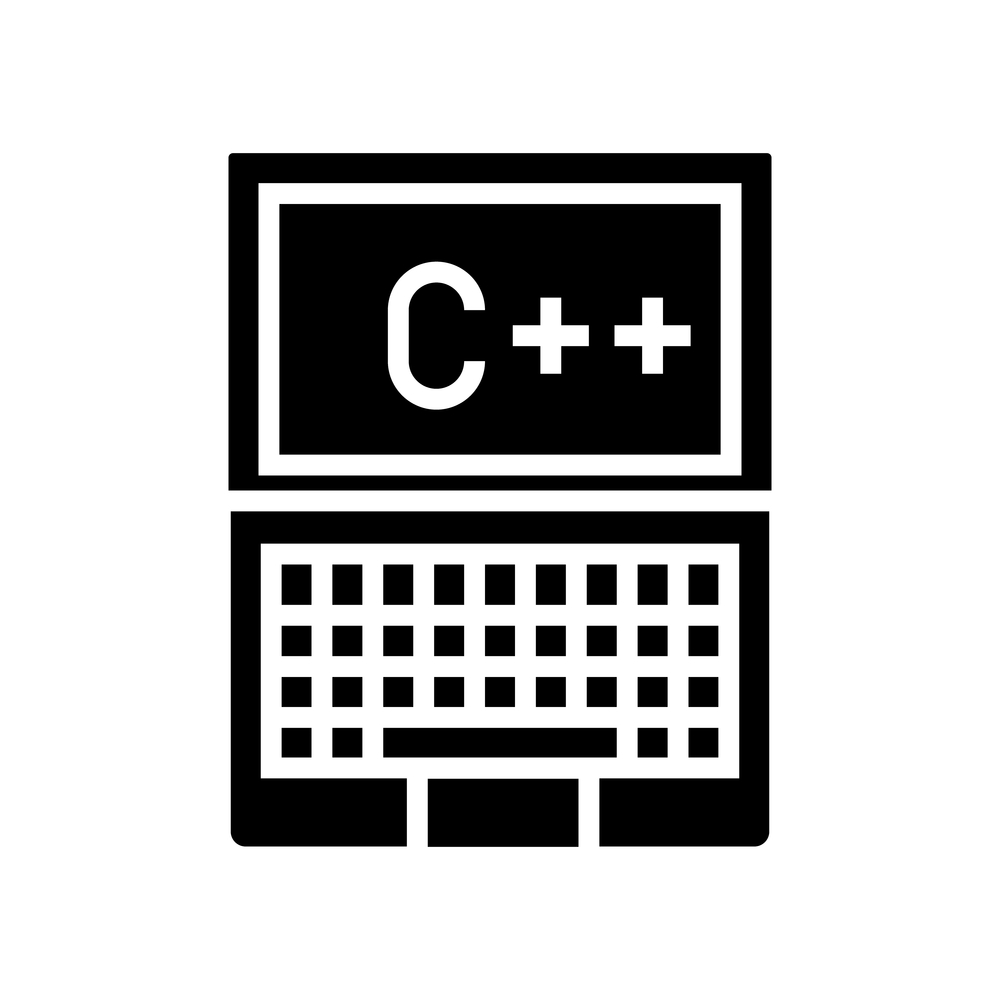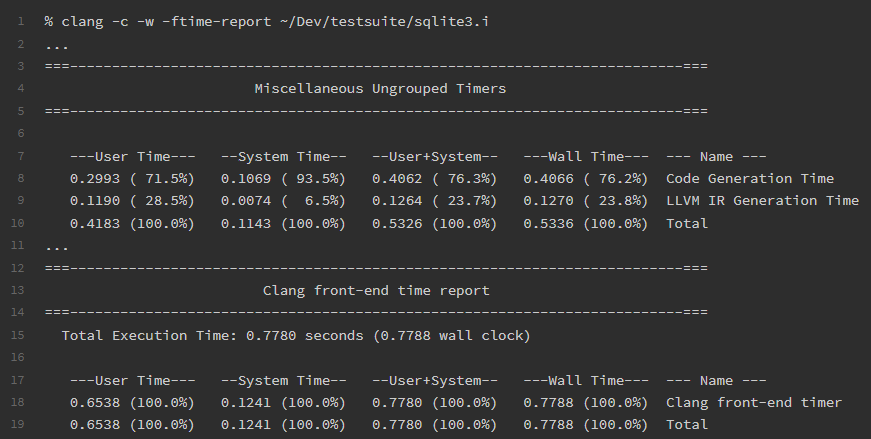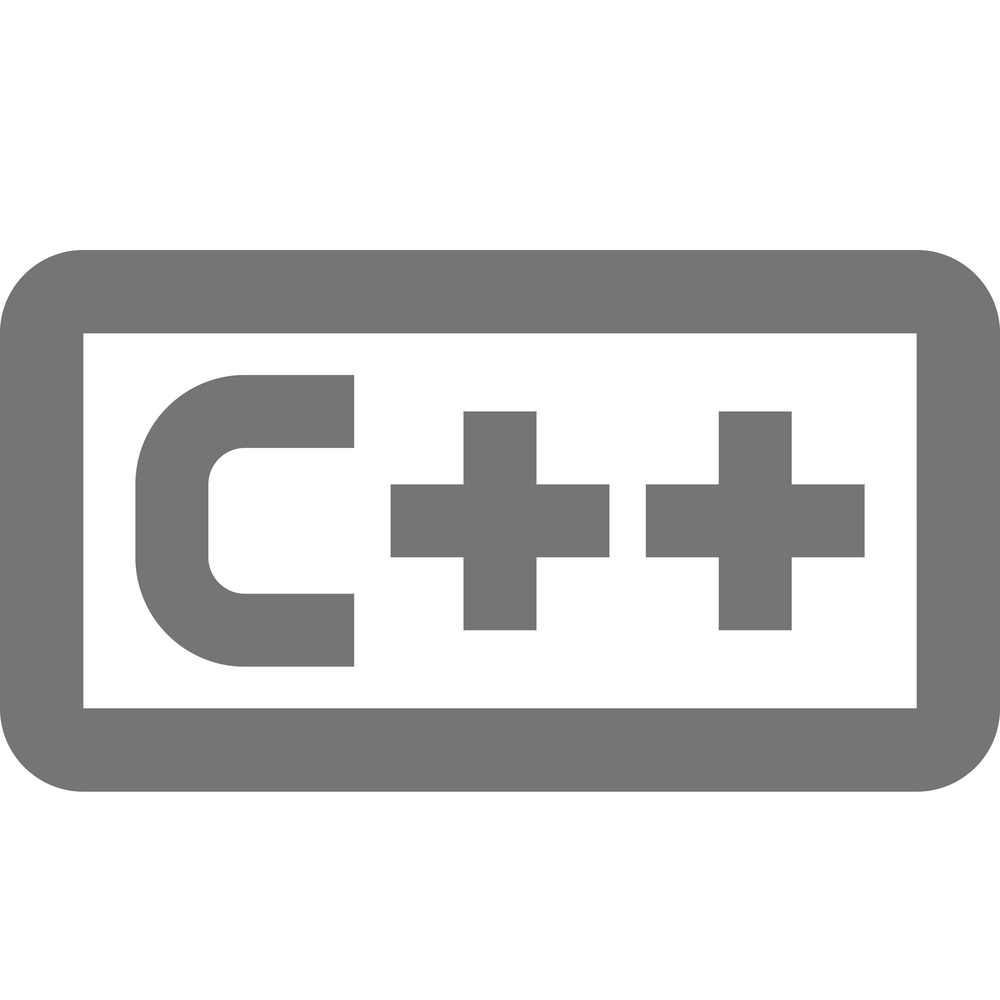Serialization by contract -- Alex Marmer
Alex shows in his small framework a different approach for serialization of data structures.
Serialization by contract
By Alex Marmer
From the article:
In any project, when a function is created for serialization, another function is created for unserialization.
Serialization by contrast uses another approach - a contract with name and data structures is declared, and then serialization and unserialization of the data are automatic.

 The C++20 standard introduced a specialization of
The C++20 standard introduced a specialization of  Let’s start
Let’s start  The C++ proposal for
The C++ proposal for 
 C++26 will introduce a new concurrency feature called std::execution, or senders/receivers. Lucian Radu Teodorescu explains the idea and how to use these in detail.
C++26 will introduce a new concurrency feature called std::execution, or senders/receivers. Lucian Radu Teodorescu explains the idea and how to use these in detail.